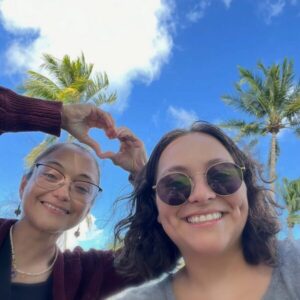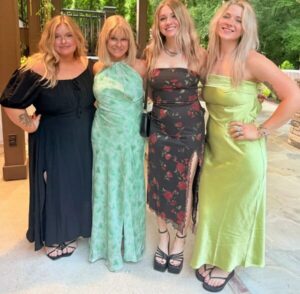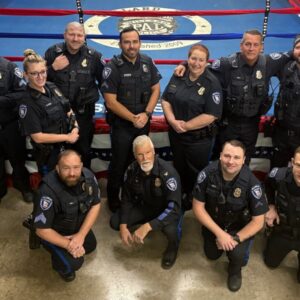
At Help Hope Live, we’ve spent decades helping individuals and families to protect themselves against one of the biggest pitfalls of crowdfunding: the loss of benefits.
That’s why we were honored to get the opportunity to collaborate with WHYY’s Nichole Currie and our client Patrice Jetter on this interview.

A crossing guard in New Jersey, Patrice is living with cerebral palsy and uses a leg braces and crutch for mobility. As a part-time employee, investing in a brand-new accessible van was not financially feasible for Patrice.
Donated vans made a big difference to her quality of life and her ability to get to work, but as Patrice explained:
“A lot of times when you get vans that are donated — they’re very old…they spend a lot of time in the shop.”
When the van she relied on was forced into retirement in 2015, Patrice’s friends suggested she start a crowdfunding campaign with GoFundMe.
What they didn’t realize is that fundraising with GoFundMe would put Patrice’s benefits at risk.
Patrice received a letter alerting her to the fact that she had too much money in personal assets to qualify for assisted housing in her state. Those “personal assets” were the funds her generous community had donated through GoFundMe.
As WHYY’s coverage explained, that wasn’t the end of her GoFundMe challenges:
“Jetter’s GoFundMe campaign also resulted in her losing Medicaid, a health insurance program she relied on.”
Patrice had to use donations to cover emergency rent instead of the van she needed. As a result, she lost her ability to get to work – and her position as a crossing guard.
“While crowdfunding to pay an outstanding medical bill may seem harmless, it can easily push individuals over their asset thresholds.”
Patrice learned a lesson that we believe no individual with disabilities should ever have to learn: that asking for help, and receiving it, can put your benefits, your access to medical care, and even your housing in jeopardy.
She turned to Help Hope Live a few years after her experiences with losing her benefits through GoFundMe.
“The nonprofit was able to help her raise $60,000 to purchase a 2019 accessible van. “
Our nonprofit shouldn’t have to exist to help individuals like Patrice – but in a world where crowdfunding can lead to even greater financial burdens, we have to.
GoFundMe isn’t a safety net for the disability community, but as the article explained, “when in doubt, look for hope.”
The Help Hope Live team is dedicated to being a part of that hope with maximum protection for benefits, one-on-one fundraising support, and additional exclusive benefits.











